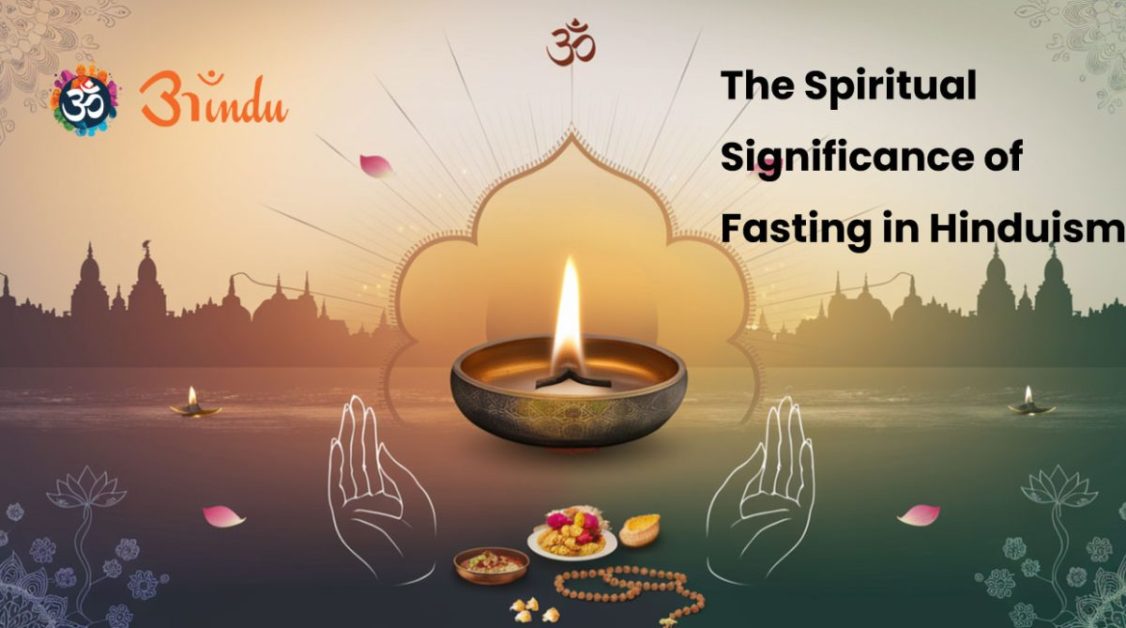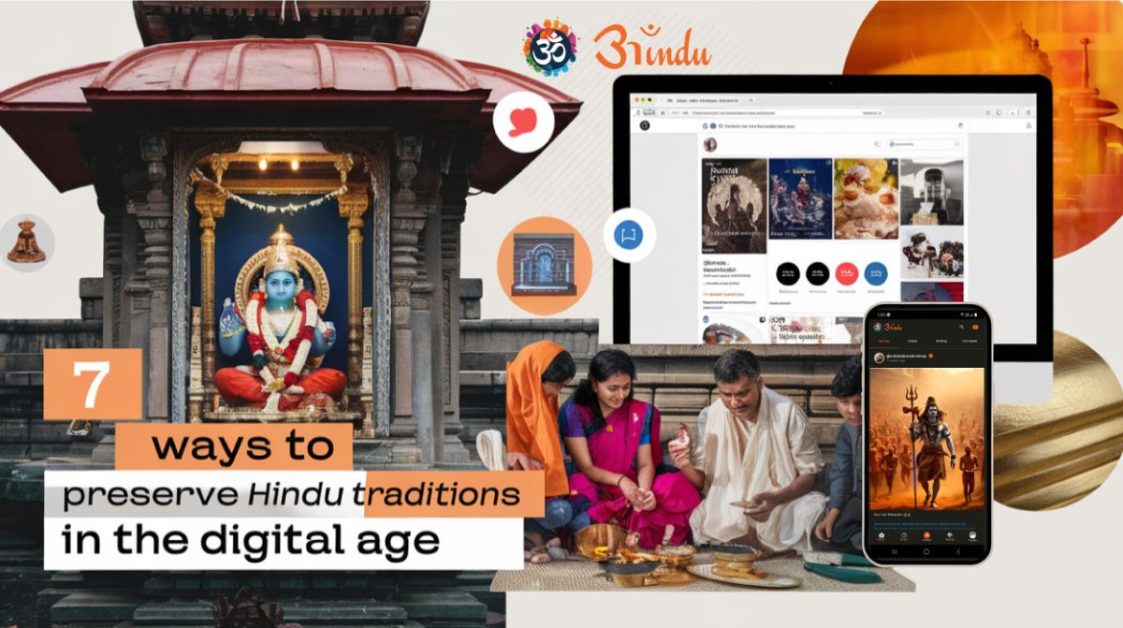
Fasting in Hinduism, known as Upavasa in Sanskrit, is a deeply ingrained practice in Hinduism, extending far beyond mere dietary restriction. It’s a deliberate act of self-discipline, a journey of spiritual purification, and a powerful tool for connecting with the divine. While the physical benefits of fasting are often discussed, its true essence lies in its profound spiritual significance. This blog delves into the multifaceted aspects of fasting in Hinduism, exploring its purpose, types, benefits, and its place within the broader context of Sanatan Dharma.
Explore Blog Content
ToggleUnderstanding Upavasa: More Than Just Abstinence
The word Upavasa literally translates to “dwelling near” or “remaining close.” This signifies the intention behind fasting: to draw closer to God or one’s chosen deity. It’s not simply about abstaining from food; it’s about consciously reducing our dependence on material comforts and focusing on inner reflection and spiritual growth. Fasting is a deliberate act of self-control, a way to subdue the senses and redirect our energy towards contemplation, prayer, and devotion.
"Fasting is useful for cleansing the body and making it a fit temple for the spirit."Mahatma Gandhi
The Purpose of Fasting: A Multifaceted Approach
Fasting in Hinduism serves several interconnected purposes:
- Spiritual Purification: Fasting is believed to cleanse the body and mind of impurities, both physical and mental. It’s a way to purify our thoughts, emotions, and actions, making us more receptive to divine grace.
- Strengthening Willpower: Fasting requires significant self-discipline and willpower. By consciously controlling our desires, we strengthen our resolve and develop greater self-mastery.
- Developing Humility: Fasting can foster a sense of humility and dependence on God. It reminds us of our vulnerability and our reliance on divine sustenance.
- Expressing Devotion: Fasting is often undertaken as an act of devotion to a particular deity. It’s a way to express our love, gratitude, and surrender to the divine will.
- Earning Divine Grace: Many Hindus believe that fasting can earn divine grace and blessings. It’s seen as a way to appease deities and seek their favor.
- Penance and Atonement: Fasting can also be performed as a form of penance for past misdeeds or as a way to atone for sins.
- Improving Physical Health: While not the primary focus, fasting can have positive effects on physical health. It can give the digestive system a rest and help to detoxify the body.
Types of Fasts: From Simple to Stringent
Hinduism encompasses a wide variety of fasts, ranging from simple dietary restrictions to more rigorous forms of abstinence. Some common types include:
- Partial Fasts: These involve abstaining from certain types of food, such as grains, meat, or dairy products.
- Full Fasts: These involve abstaining from all food and drink for a specific period.
- Fruit Fasts: These involve consuming only fruits and water.
- Liquid Fasts: These involve consuming only liquids, such as water, juice, or milk.
- Ekadashi Fasts: These are observed on the eleventh day of the lunar fortnight and are considered particularly auspicious.
- Navratri Fasts: These are observed during the nine nights of Navratri, dedicated to the Divine Mother.
- Soli Fasts: These are observed for a specific deity like Lord Hanuman.
The type of fast chosen depends on individual capacity, health conditions, and religious beliefs. It’s always advisable to consult with a healthcare professional before undertaking any form of fasting, especially if you have underlying health issues.
The Significance of Fasting in Different Hindu Festivals
Fasting plays a crucial role in many Hindu festivals and religious observances. It’s an integral part of celebrations like Navratri, Diwali, Shivaratri, and Janmashtami. During these festivals, devotees often observe specific fasts to honor the deities and seek their blessings. The collective act of fasting during festivals strengthens community bonds and reinforces shared values.
"The true fast is that which cleanses the heart."Hindu Proverb
The Importance of Intention and Preparation
The effectiveness of a fast depends largely on the individual’s intention and preparation. Before embarking on a fast, it’s important to set a clear intention and approach it with sincerity and devotion. Mental and emotional preparation is as important as physical preparation. It’s essential to cultivate a mindset of humility, surrender, and focus on the spiritual purpose of the fast.
Breaking the Fast: The Importance of Moderation
Breaking the fast is as important as the fast itself. It should be done gradually and with moderation. Overeating after a fast can negate its benefits and even lead to health problems. Light and easily digestible foods are recommended for breaking the fast.
Fasting in the Modern World: Relevance and Challenges
In today’s fast-paced world, the practice of fasting can be challenging. However, its spiritual significance remains as relevant as ever. Fasting can be a powerful tool for managing stress, cultivating self-discipline, and connecting with our inner selves. Even short periods of fasting, observed with the right intention, can be beneficial.
FAQs
- What is the primary purpose of fasting in Hinduism?
The primary purpose is spiritual purification and drawing closer to God. - Are there different types of fasts in Hinduism?
Yes, there are various types, including partial, full, fruit, and liquid fasts. - How should I prepare for a fast?
Set a clear intention, prepare mentally and emotionally, and consult a healthcare professional if needed. - What is the significance of breaking the fast?
Breaking the fast should be done gradually and with light, digestible foods. - Is fasting only for certain castes in Hinduism?
No, fasting is a practice open to all Hindus, regardless of caste. - Can I drink water during a Hindu fast?
Some fasts allow water consumption, while others are stricter. - How often should I fast?
The frequency of fasting varies depending on individual beliefs and practices. - What if I have health issues and want to fast?
Consult your doctor before starting any fast. They can advise you on what is best for you.






